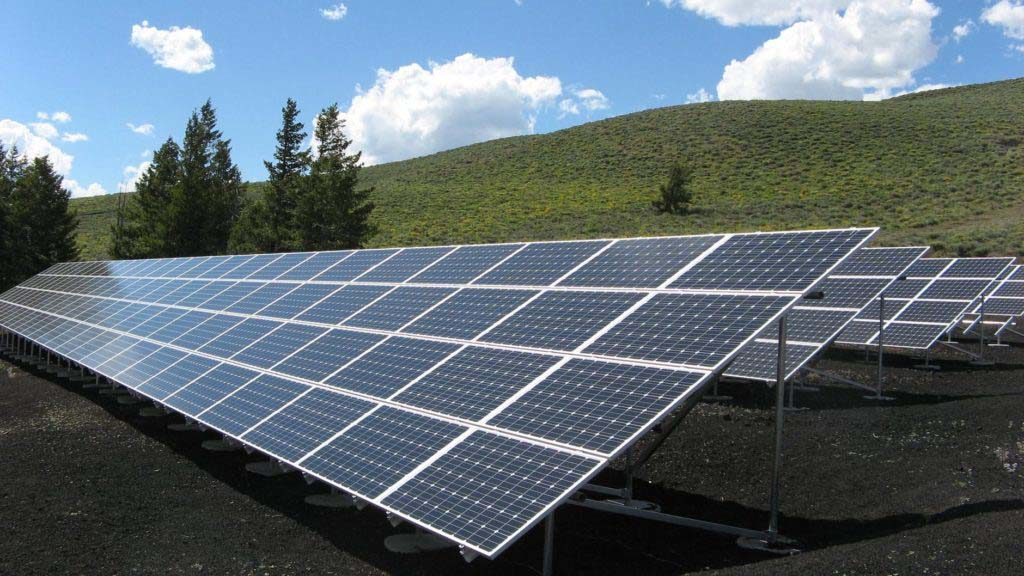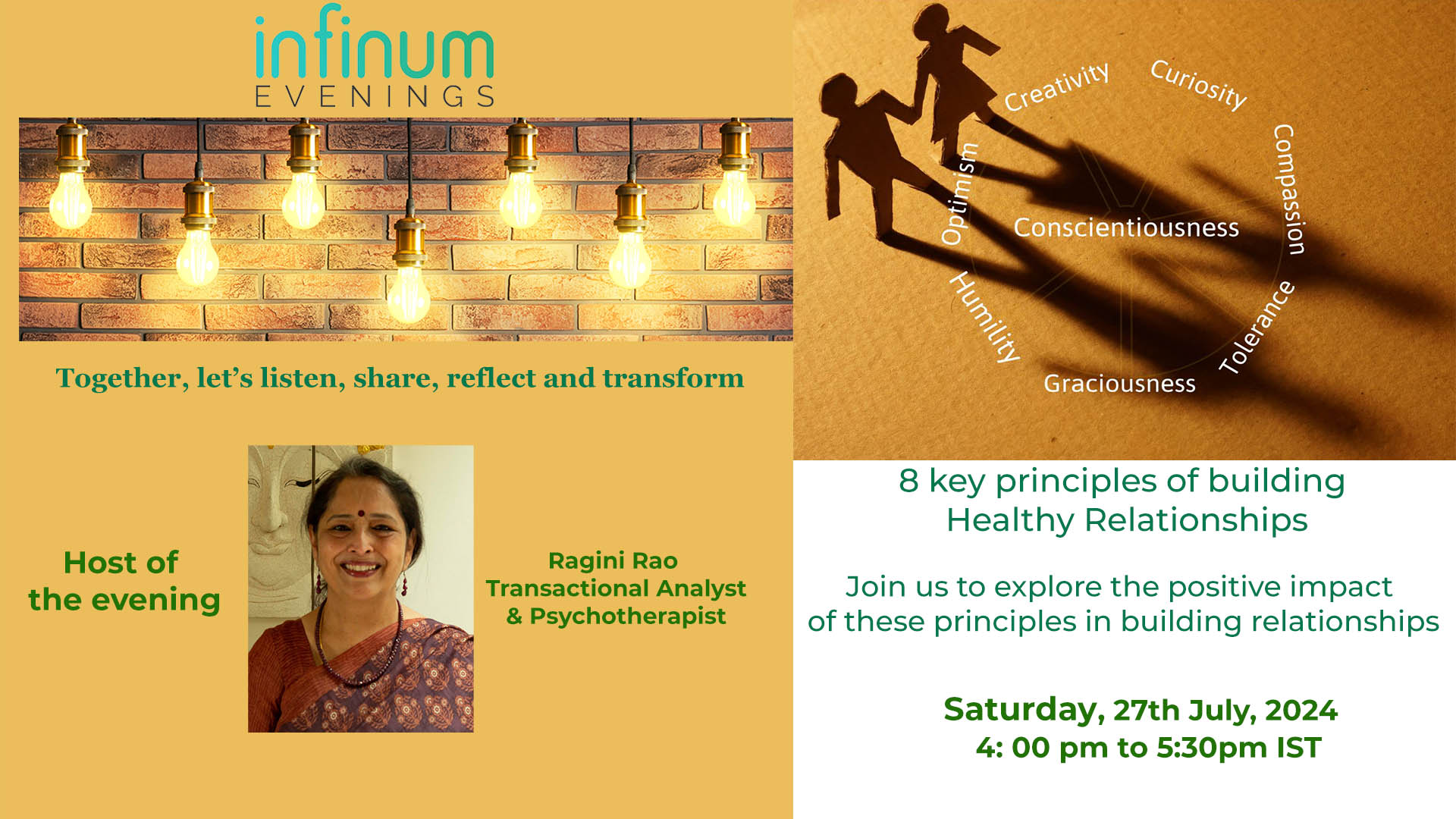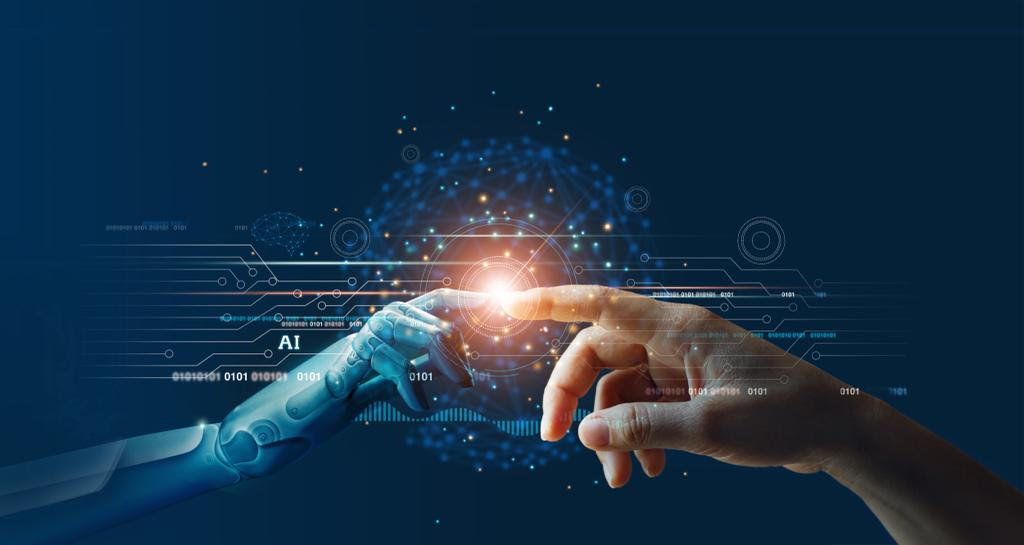A fire in a prestigious hospital yesterday, put the lives of hundreds of patients, doctors, medical staff, other workers and visitors at risk. Fortunately no one seems to have been injured thanks to rapid action and evacuation.
Every now and then we hear about some news of buildings affected by fire, accidents at workplaces, construction sites, on roads or tourist spots.
Other depressing news includes destruction of forest land, lakes and other natural locations.
The rains play havoc with our cities , towns and agriculture almost every year; alternating droughts with floods.
Diseases spread and cause large scale calamities due to poor environment management.
The indiscriminate use of environment degrading/health affecting products in our daily use.
The list seems endless.All of these and many more are invariably an outcome of our “economic development” and “progress”. Hence totally man made. Most often, a result of negligence of the people in control; be they government or private entities; and a lack of consciousness about the need for genuinely sustainable development.
A large part of the onus or responsibility of this also rests on all of us – the consumers and the businesses, institutions, social organisations and residential layouts we run.
Need for safe and sustainable development
Governments and International Organisations have certainly spoken out about these. But nothing will change till it comes from within us – the businesses and consumers who create and consume products and services.
The Prime minister of India came forth, in his latest Independence day speech, with the need to discard the use of single use plastics – plastics that cannot be recycled; and need to be thrown after one use. He also highlighted the urgent need to manage water resources intelligently.
According to the Niti Aayog Report 2018, the Government of India’s development strategies adequately address key national priorities which are strongly linked to SDG goals.
In September 2015, the UN General Assembly adopted the 2030 Agenda for Sustainable Development that includes 17 Sustainable Development Goals (SDGs). Building on the principle of “leaving no one behind”, the new Agenda emphasises a holistic approach to achieving sustainable development for all.
SDGs are guidelines on how we can create a more inclusive, equitable, prosperous, and sustainable future. We are looking at 5 P’s: People, Planet, Partnerships, Prosperity and Peace. It’s also about how we can eradicate extreme poverty and ensure sustainability. SDGs are the ideals that 193 countries at the United Nations in September 2015 committed to achieving together.
The Sustainable Development Goals (SDGs), otherwise known as the Global Goals, are a universal call to action to end poverty, protect the planet and ensure that all people enjoy peace and prosperity.
The 17 sustainable development goals (SDGs) to transform our world:
GOAL 3: Good Health and Well-being
GOAL 6: Clean Water and Sanitation
GOAL 7: Affordable and Clean Energy
GOAL 8: Decent Work and Economic Growth
GOAL 9: Industry, Innovation and Infrastructure
GOAL 11: Sustainable Cities and Communities
GOAL 12: Responsible Consumption and Production
GOAL 16: Peace and Justice Strong Institutions
GOAL 17: Partnerships to achieve the Goal
The approach is a three-pronged focus on welfare of people, protection of environment and economic progress of organisations.
Some well known private sector initiatives towards Sustainable Development Goals
A few years back, some unpleasant incidents hit the international garment industry. In November 2012, Tazreen Fashion complex in Bangladesh had a major fire killing 112 workers. 5 months later, again in Bangladesh, the collapse of Rana Plaza, killed 1134 workers.
The result – in 2013, an accord on Fire & Building safety was signed. A safety pact signed by global unions and more than 200 brands.
Walmart, the largest retail chain asked more than 100,000 businesses around the world to assess their social and environmental sustainability; and to declare the full environmental cost of their product.
This is like the mandatory nutritional information on food packets. It envisions that in the future their product labels would carry the Product Life Analysis data. By simply swiping the barcode on the product label on a PDA, the customer would have a complete history of the product.
Garment chain GAP make an effort to promote increased commitment to SDGs with their numerous vendors. Their suppliers are from countries like India, Bangladesh, Cambodia, Vietnam to name a few.
They claim that they do not believe in pointing fingers at what is wrong, instead they work together with them to improve safety and working conditions of the workers. They have a Code of Vendor Conduct Manual, which the vendor needs to abide by. They have consolidated their vendor base by 25%, to help them monitor and manage their vendors better. They have in place holistic sustainability teams to manage SDGs with vendors. Plus they have periodic SDG audits.
Such initiatives are essential to start and strengthen change in the direction of “Global Wellbeing” along with this pressure from global agencies and of course support and initiatives from the local government.
On the consumer front, there is a new awakening. Today’s younger consumers are ‘mindful customers’. Their informed choice is not just limited to avoiding ‘Blood Diamonds’ but extends to products of their day-to-day use. They are ready to pay 4-5 times the price for goods that are produced by tribal or socially or economically backward communities.
What businesses could do for Sustainable Development
-
Buy/Import with Awareness
So many of the products sold in the Indian markets today are not made by the sellers. They are outsourced and often imported. Are the buying businesses imposing conditions of SDGs on their suppliers as done by a Walmart or a Gap?
-
Collaborate with competition
Collecting sustainability data from vendors is a humungous task. This is where competitors need to collaborate, this data should be a shared commodity e.g. Sustainable Apparel Coalitions, The Electronic Industry Citizenship Coalition etc.
-
Build local capacities – Make in India
Entrepreneurs and Companies could create own manufacturing capacities or work with local vendors to build local capacities designed to meet the SDGs. They also enable create greater local employment.
-
Become Environment friendly
Adopt environment friendly approaches and processes in all consumption – material, power, water.
-
Measure work environmental performance
Identify issues that are clearly avoidable. Focus on preventive steps through smarter design and diligent maintenance to avoid accidents and improving employee well being at workplaces.
-
Explore new forms of audit
A whole body of work suggests that workers do not speak out about the difficult work conditions for fear of punishment.
A new concept is gaining popularity, as an alternative and extension to CSR. It is WSR – Workers Driven Social Responsibility.
Steps for Consumers towards Sustainable Development
Sustainable Development Goals are a promise for the future of not just one community, but the entire human race; and the planet earth. It cannot just be the responsibility of the government, international agencies or business organisations.
Should we as members not be conscious and work towards and demand sustainable development?
We as consumers need to create this awareness amongst all of us; and in our children. Today this awareness is visible in a limited way in select urban centres; but this needs to become a movement across the country.
The media, as a watchdog for the citizens, need to make Sustainable Development Goals a priority and do investigative reporting.
Some of the obvious steps all of us could work towards are
- Get ourselves informed/educated on the different aspects of Sustainable Development
- Follow norms religiously; and insist on getting the same compliance from our vendors.
- Live conscientiously. Change our mindsets, to change our buying culture and consumption preferences.
- Become aware of using renewable energy sources at homes and in localities.
- Look towards water conservation, recycling and rain water harvesting in every locality.
- Ensure intelligent waste management and disposal techniques at homes and localities.
- Refuse to invest in properties that destroy green belts and lakes.
- Stay alert to the situation around us; Educate others to the extent possible.
- See the world with empathy. Give back – to society and to nature.
This is just a small beginning on my part, towards building awareness. I am seeking your response in the comments below; with your additions to this list of citizen’s initiatives towards Sustainable Development.
Please do leave your comments at the bottom and do share with others if you like this article.
















